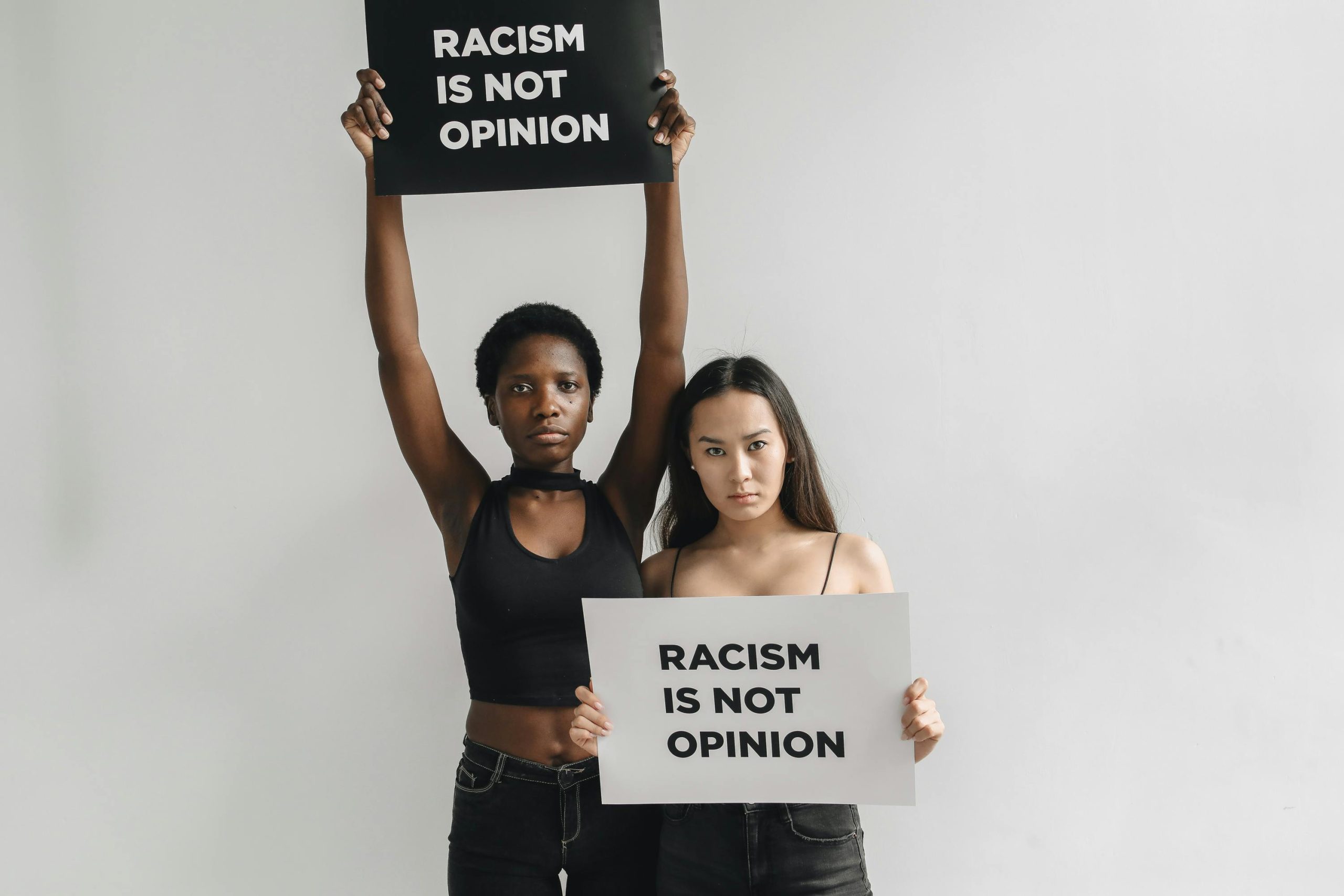Title: Unveiling the Complex Ties: Israeli Influence on UK Anti-Genocide Protests and Their Legal Consequences
In recent revelations, documents have surfaced that shed light on the intricate relationship between Israeli governmental influences and the legal actions taken against protests aimed at raising awareness about genocide. More specifically, these documents reveal an unsettling connection to prosecutions related to anti-genocide protests in the United Kingdom.
The significance of protests advocating for the prevention of genocide cannot be overstated. These gatherings aim to bring attention to urgent humanitarian crises across the globe, emphasizing the need for immediate international action. Yet, in the UK, participants in such protests find themselves facing legal repercussions that raise questions about the motivations behind these prosecutions.
The newly uncovered documents indicate that Israeli officials may have played a pivotal role in influencing how UK authorities respond to these demonstrations. This raises concerns about political bias and the implications for freedom of expression, particularly in a country that prides itself on democratic values and human rights.
It’s critical to explore the context around these protests. The motives behind such activism are often rooted in a desire to prevent atrocities akin to those witnessed in Syria, Myanmar, and other conflict zones. Activists argue that governments should be championing their causes rather than seeking to silence them through legal ramifications.
Moreover, debates surrounding the right to protest and the legal ramifications associated with it are more pressing than ever. In a global climate where speech is increasingly scrutinized, the potential for governmental overreach looms large. The intersection of political interests and legal action raises questions about the balance between national allegiance and the intrinsic right to free speech and assembly.
This situation also prompts discussions about the role that foreign influence can play in domestic affairs. The UK’s policy decisions and law enforcement actions ought to be governed by principles of justice and equity, independent of external pressure from foreign nations. Understanding the dynamics at play is crucial as citizens advocate for changes in legislation and ensure that their voices are heard without fear of retribution.
As further analysis and discussions arise from these findings, it is imperative for citizens to remain vigilant in defending the right to protest. The fight against injustice must be rooted in unity and an unwavering commitment to upholding democratic principles.
In conclusion, the connections between foreign governmental influence and the prosecution of activists who dare to speak out against genocide demand scrutiny and action. As the UK grapples with these revelations, it is clear that the battle for human rights and freedom of expression continues to evolve, underscoring the importance of advocacy in



